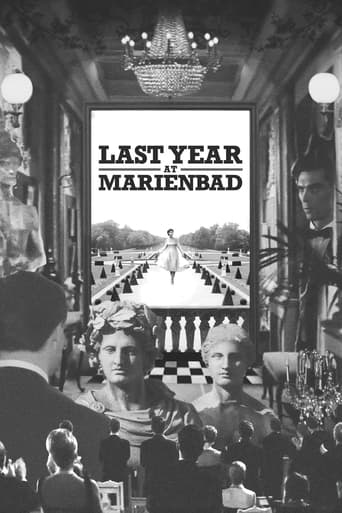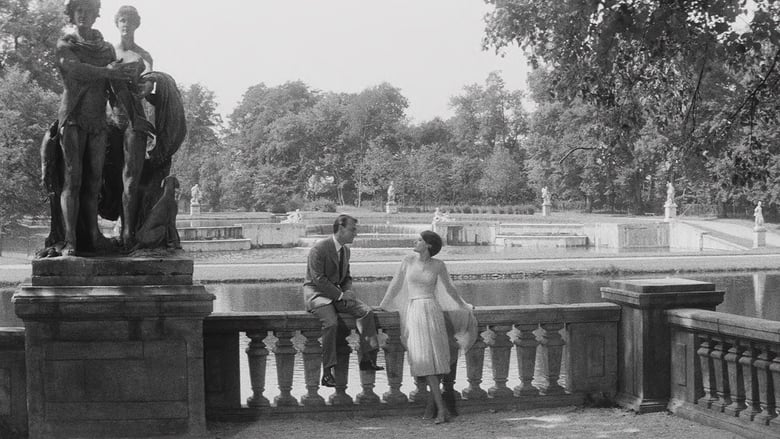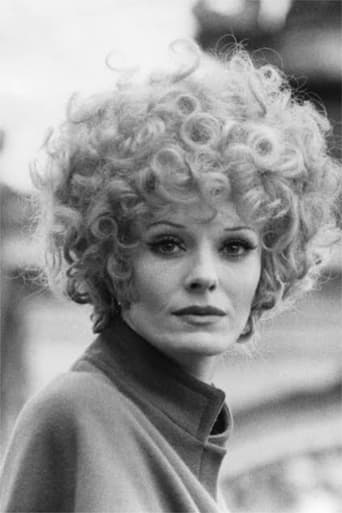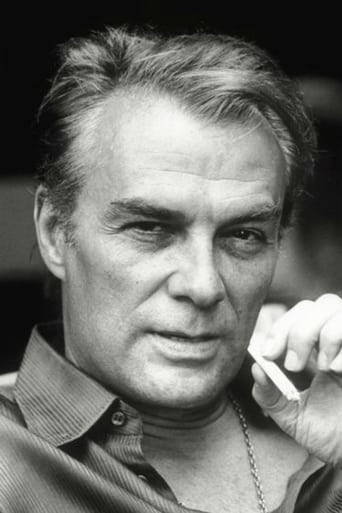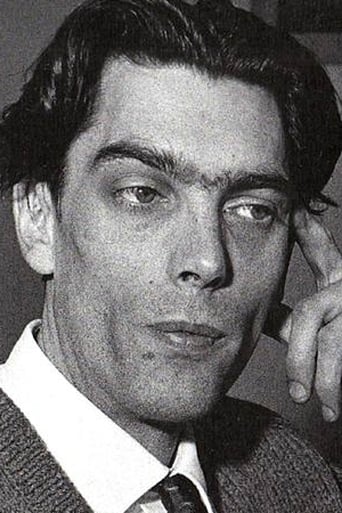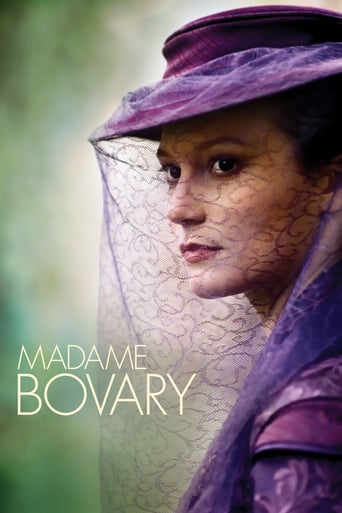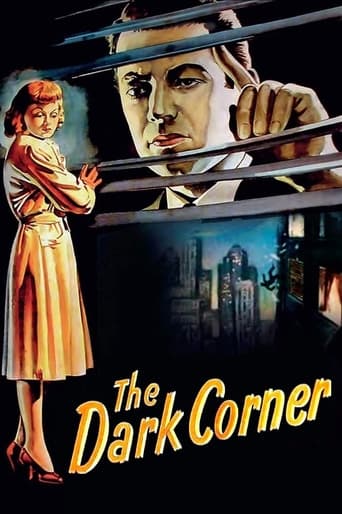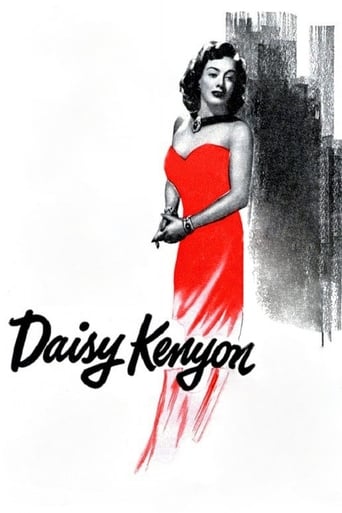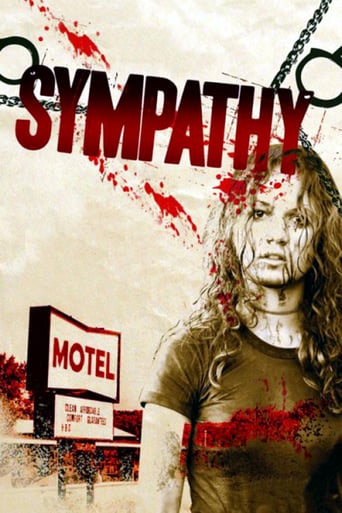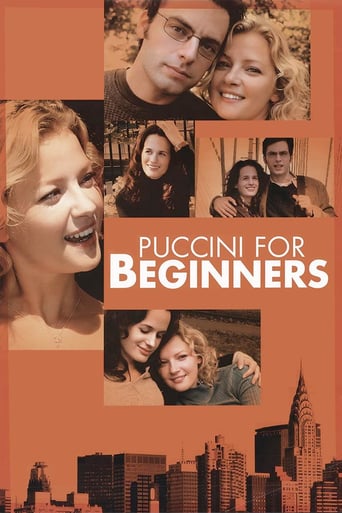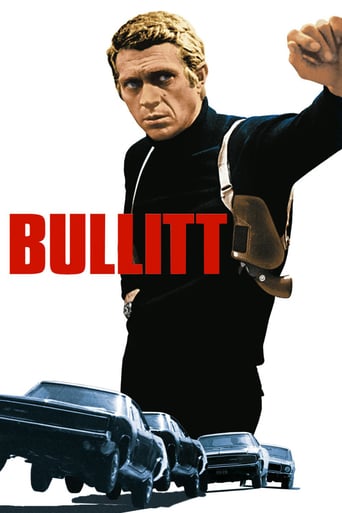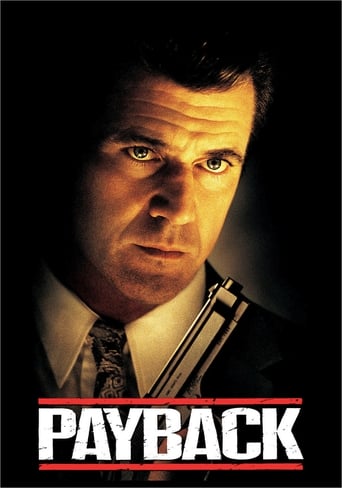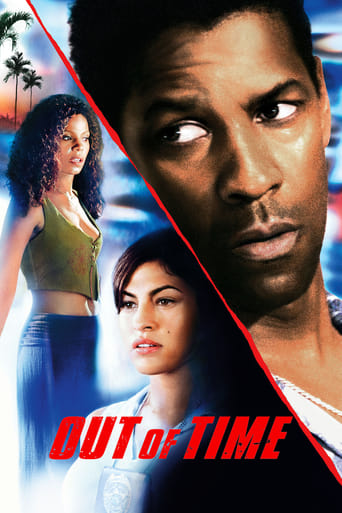Last Year at Marienbad (1961)

In a strange and isolated chateau, a man becomes acquainted with a woman and insists that they have met before.
Watch Trailer
Cast


Similar titles
Reviews
Absolutely Brilliant!
If the ambition is to provide two hours of instantly forgettable, popcorn-munching escapism, it succeeds.
A great movie, one of the best of this year. There was a bit of confusion at one point in the plot, but nothing serious.
There are moments in this movie where the great movie it could've been peek out... They're fleeting, here, but they're worth savoring, and they happen often enough to make it worth your while.
Recently deceased French auteur Alain Resnais' second full-length feature after the groundbreaking Hiroshima MON AMOUR (1959), and LAST YEAR AT MARIENBAD, the Golden Lion winner in Venice, equally breaks the norms of conventional cinematic language, a trompe l'oeil obscures reality and illusion, Resnais conducts a simultaneous but disparate parallel of our protagonist's genteel voice-over (or soliloquy) narrative and the black-and-white mis en scène on which we are mesmerisingly hooked.It is a story adapted from Nouveau Roman trend pioneer Alain Robbe-Grillet, a monotonous opening monologue repeats itself while the panning camera steadfastly examining a resplendent baroque château, where it stops in a still tableau of the hotel's elegantly-dressed guests expressionlessly gazing at a play. Then X, an Italian man (Albertazzi) encounters A, a brown-hair woman (Seyrig), and he tells her they have met in the same hotel one year ago, but A seems to be oblivious about it.Ambiguity is the strength and kernel of the film, from its awe-inspiring chiaroscuro credited by its DP Sacha Vierny, to the mathematical Nim game, enigmatic aura suffuses in the majestic but stiff building, X's fervid emotion slowly thaws A's reluctant glacier, it is her attitude spellbinds our attention and propels the progress of the story, Delphine Seyrig is classy, vulnerable and incomprehensible as the film per se, "leave me alone, please" is her knee-jerking response to X's pleading, which like an eternal spell cast on the puzzle. Giorgio Albertazzi is suave, determined, and impassioned to win her over, his dulcet yet soporific voice adeptly puts viewers into a trance-like voyage, like a specter roaming in the maze-like château. The (possible) truth slowly discloses that one year earlier, X and A had an affair in the hotel, they agreed a year later, they would elope from A's dispassionate (may or may not be) husband M (Pitoëff), who repeatedly prevails X in the Nim games. There is the intrusive church organ music constantly reminding us what we watch is an oratorio rather than an immoral adultery, X's verbose sentiment and A's pithy response conjures up an otherworldly entanglement so arbitrarily clichéd, glosses over the center element and borders on affected unconventionality, self-indulged artifice. But its one-of-a-kind visual palette and art production, top-notch tableau vivant, nippy camera movement, unpredictable editing, are all irresistible for film aficionados, it is a magic wonderland to profess how cinema can do wonders, how it can defy any categorization and being equivalently enthralling, it is a godsend and Resnais did establish some genuine work tough to beat for any late comers.
Although he'd been active in French cinema since 1947 Alain Resnais had the misfortune to make two landmark films during the short-lived so called New Wave hiccup which lasted something like four years from the late 1950s to the early 1960s but like Louis Malle, who began his own career at roughly the same time, and was tarred erroneously with the same brush, Resnais went on to become a highly distinguished mainstream filmmaker. One doesn't have to look far to see that Marienbad has little or no relationship to the dross being turned out by Godard and Truffaut; for one thing the genuine new waveleteers took misplaced pride in shooting on the street and making a movie for a stick of gum with friends and acquaintances handling most of the technical jobs, while from the very first frame it is evident that Marienbad employed top technicians to create and shoot the stunning effects, as well as spending lavishly on costume - every single person on screen, without exception, is in formal attire, tuxedos for the men, evening dress for the women, and groomed within an inch of their lives. This leaves us with the problematical screenplay by Alain Robbe Grillet but since I have no more idea than the regular film buff of what 1) it is about or 2) what it means I'm quite happy to let the Academic-Pseud axis compare orgasms, say that it's stunning to look at and leave it at that.
I was first introduced to this film in college.The first viewing stunned me. I was literally hypnotized by the imagery and the aura.Years passed, and I saw it again on DVD. It was as if I was inside the film again, repeating my life at Marienbad. A couple of weeks ago, I was deeply saddened to hear the news of the passing of the great French director Alain Resnais. Among the numerous pieces I have of his, I picked this out and saw it again. It was magical, as it always was. Too bad they don't make movies like this anymore. But still Long live cinema!
This is actually a very simple film to understand. The key to understanding the film actually lies in the title itself and the color scheme of the opening credits. Because it is the type of film that invites the viewer to attach his or her own associations to the flow of the narrative it naturally accrues endless complexity to it, but the concept is simple to understand. Oddly enough, this is a film about Spatial and Temporal Discontinuity, or put more prosaically, being in the wrong place at the wrong time. It is indeed an example of Stephen Hawking's 'psychological time', and also about the act of attempting to recall or remember when trauma precludes your access to all the available data. This film presents the apparency of an unsolvable puzzle because writer Alain Robbe-Grillet and Director Alain Resnais have deliberately withheld some of the pieces from view in order to invite the viewer to fill in the holes with their own ideas and conclusions as to what might have plausibly happened.I actually fell asleep on this piece twice, but after repeated viewings I finally was forced to confront the elephant in the room. This is a film about unconsciousness and what produces it. That was when I woke up and all the pieces fell into place. This is a film about the aftermath and consequences of adultery. My gut and intuition tells me actually what must have happened, but between 'X', 'A', and 'M', you can be certain not all parties are happy campers.That's the interesting thing about this experiment in subjective temporality and what makes this an important film. You get so caught up in wanting to piece this thing together intellectually as you wander and meander through the labyrinthian thought processes of one or more of the characters, that it somehow slips your mind that you are not involved in an intellectual process so much as you are experiencing the phenomena of a moral process; and how it affects memory, reasoning, reality and even the state of consciousness itself. It's not 'fashionable' to look at Art from a moral perspective, but if you chose not to do so with LAST YEAR IN MARIENBAD, you will be sentencing yourself to an eternal tour through the catacombs of your own diminishing understanding and consciousness.That sounds preachy, I know. The beauty of this film is how it communicates the loss of those things that make us most comfortable; reason, logic, the fidelity of memory and certainty about our position in Time and Space. How it sweeps us up in all the interesting externals of High Society and its masquerade of proprieties and leaves us standing at the back entrance watching two lovers depart hand in hand into the enfolding darkness wondering what just happened and what is this really all about. But it is the penalty of living in a culture where the simple and the obvious is swept under the rug in preference for the fun of the complex and the subtle and the abstruse.Here's another clue. There is a short story by Ambrose Pierce entitled 'AN OCCURRENCE AT OWL CREEK BRIDGE'. Read that and then conceptualize it as a three dimensional puzzle smashed to smithereens with some of the pieces falling into the air grate in the floor. Now good luck gathering all the pieces back together again into something like a satisfying recognizable whole.This is a film more about thoughts and ideas than emotions. But, oh the journey!

